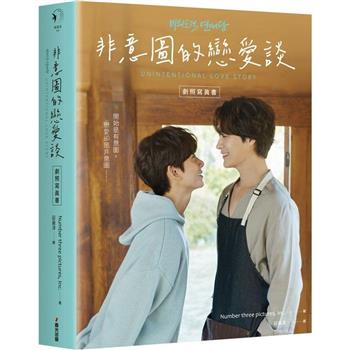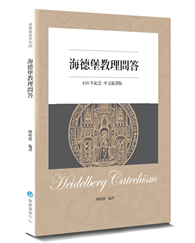The poetic monologues in Bound are the unspoken thoughts of individuals who find themselves in situations in which they are somehow tied or trapped. In their own way, each ’speaker’ attempts to come to terms with their situation, to reconcile themselves with it, and - in some cases - perhaps find a way out.
Echoing some of the work of Samuel Beckett and T.S.Eliot, the poems are designed both to be read off the page and delivered on stage as dramatic monologues. The final piece in the collection, Crash: the last 30 minutes of a life, was performed at the Ripon Theatre Festival in June, 2023:
- "A very moving piece of performance poetry. Beautifully executed with fabulous imagery. Thought-provoking, soul-baring, and delivered with such poignancy and realism that it left a lasting impression.""Crash is impressive solo story-telling, a dramatic homage to T.S. Eliot that counts down the last minutes and seconds of a man’s life. It is thoroughly enjoyable both as writing and performance.""A meticulously-crafted flow of images and ideas that was both absorbing and intriguing.""Ian Gouge commanded the sell-out audience seated in the vault at the Ripon Festival with his performance of Crash. His highly original poem, with hints of Dylan Thomas and Milton, was more than a reading: Ian’s acting gave life to the stanzas and the spaces around them."
Although appearing on the page as contemporary free verse, the poems in Bound are written in something of a hybrid fashion, having the potential to be reformatted into a more formal script or even as stream-of-consciousness fiction. This flexibility is a deliberate attempt to blur the borders between genres.
This edition presents the pieces in their ’poetic’ form, and each is prefaced with an indication as to how the monologue might be staged. In all cases the intention is to keep any staging as sparse as possible, and only in the final poem, "Beyond the Curtain", is there the potential for a second actor. If performed, throughout each monologue there may be the requirement for movement, gesture etc., and whilst it would have been entirely feasible to include such low-level instruction in the text, I have decided not to interrupt the flow of the poem with such asides.












